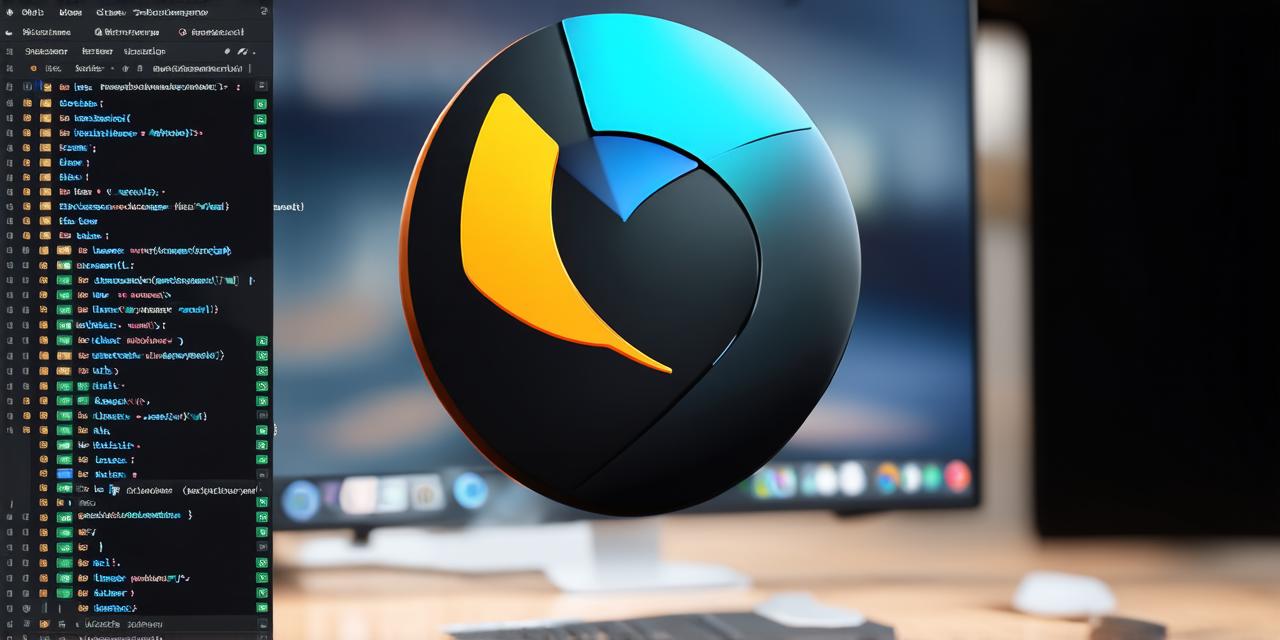Unity 3D is a popular game engine that allows developers to create 2D and 3D games, virtual reality (VR), augmented reality (AR) experiences, and more. While Unity has its own scripting language, C, it also supports other programming languages such as JavaScript and Boo. In this article, we will focus on the coding requirements for Unity 3D using C.
Introduction to C in Unity 3D
C is the primary programming language used in Unity 3D. It was developed by Microsoft and is now owned by Unity Technologies. C is a high-performance, object-oriented language that is easy to learn and use. In Unity 3D, C scripts are used to control game objects, handle user input, manage audio and video, and much more.
Coding Requirements for Unity 3D
To develop a game or application in Unity 3D using C, you will need to have a solid understanding of the following concepts:
-
Basic Programming Concepts: Before diving into Unity 3D development, it is important to have a basic understanding of programming concepts such as variables, data types, control structures (if-else statements, loops), functions, and arrays. These concepts are fundamental to any programming language and will be used extensively in Unity 3D development.
-
Object-Oriented Programming: C is an object-oriented language, which means that it uses classes and objects to organize code. It is important to have a strong understanding of object-oriented programming concepts such as inheritance, polymorphism, and encapsulation. These concepts will be used extensively in Unity 3D development to create reusable, modular code.
-
Game Development Concepts: In addition to basic programming concepts and object-oriented programming, it is important to have a strong understanding of game development concepts such as game loops, input handling, rendering, and physics. These concepts will be used extensively in Unity 3D development to create interactive, engaging games.
-
Unity 3D Specific Concepts: Unity 3D has its own set of concepts that are specific to the engine. These concepts include game objects, components, layers, scenes, and scripts. It is important to have a strong understanding of these concepts in order to effectively use Unity 3D’s powerful features.
Best Practices for Unity 3D Development
In addition to having a solid understanding of the coding requirements for Unity 3D, it is also important to follow best practices for Unity 3D development. These best practices include:
-
Writing Clean and Modular Code: It is important to write clean and modular code that is easy to read, understand, and maintain. This includes using descriptive variable names, commenting code, and organizing code into logical groups.
-
Using Version Control: Version control is a must-have tool for any development project. In Unity 3D development, version control allows you to track changes to your code over time and collaborate with other developers. There are many version control systems available, but Git is the most popular for Unity 3D development.
-
Testing Your Code: Testing your code is an essential part of the development process. In Unity 3D development, testing includes unit testing, integration testing, and debugging. By thoroughly testing your code, you can catch bugs and improve the overall quality of your game or application.
-
Using Unity’s Built-In Tools: Unity has many built-in tools that can help you develop games and applications more efficiently. These tools include script generators, asset import tools, and performance profiling tools. By using these tools, you can save time and improve the overall quality of your game or application.
